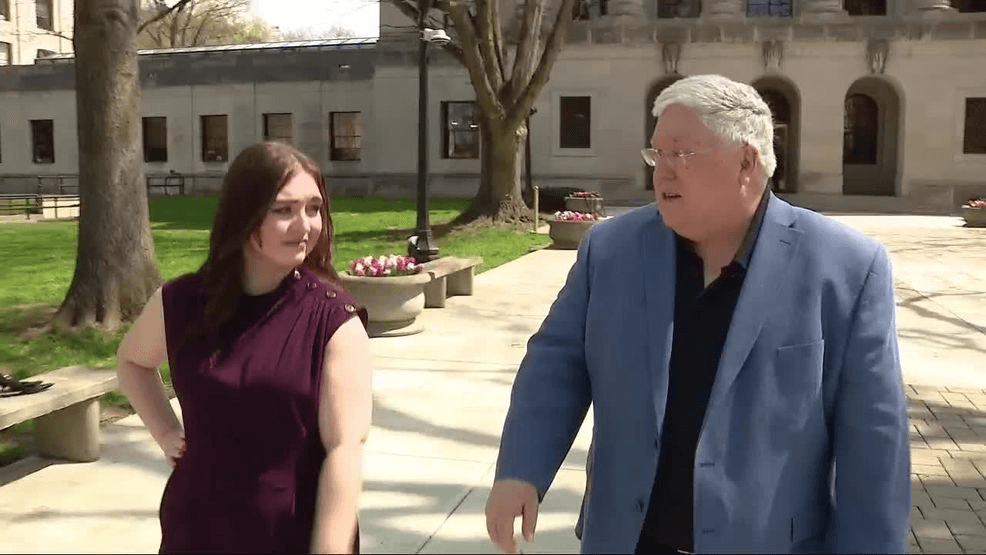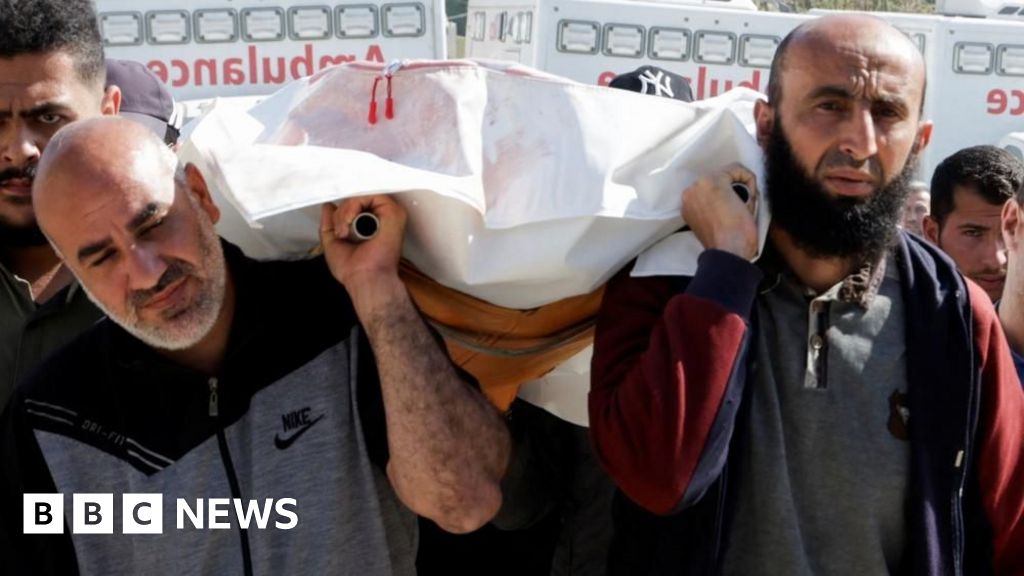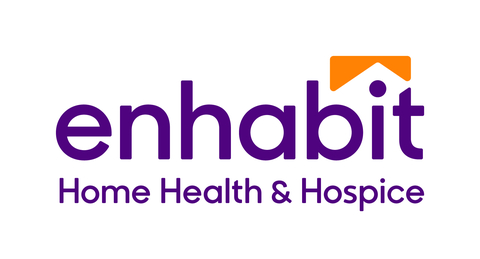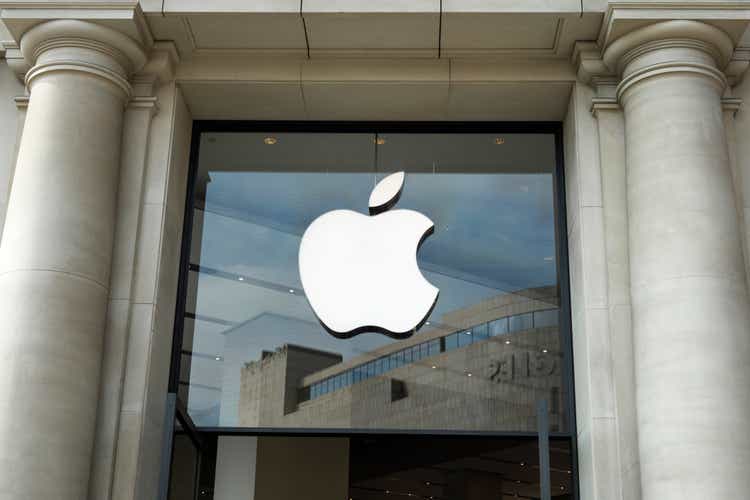Nurses Unite: Marching to D.C. to Defend Healthcare's Future
Health
2025-03-10 16:24:45Content
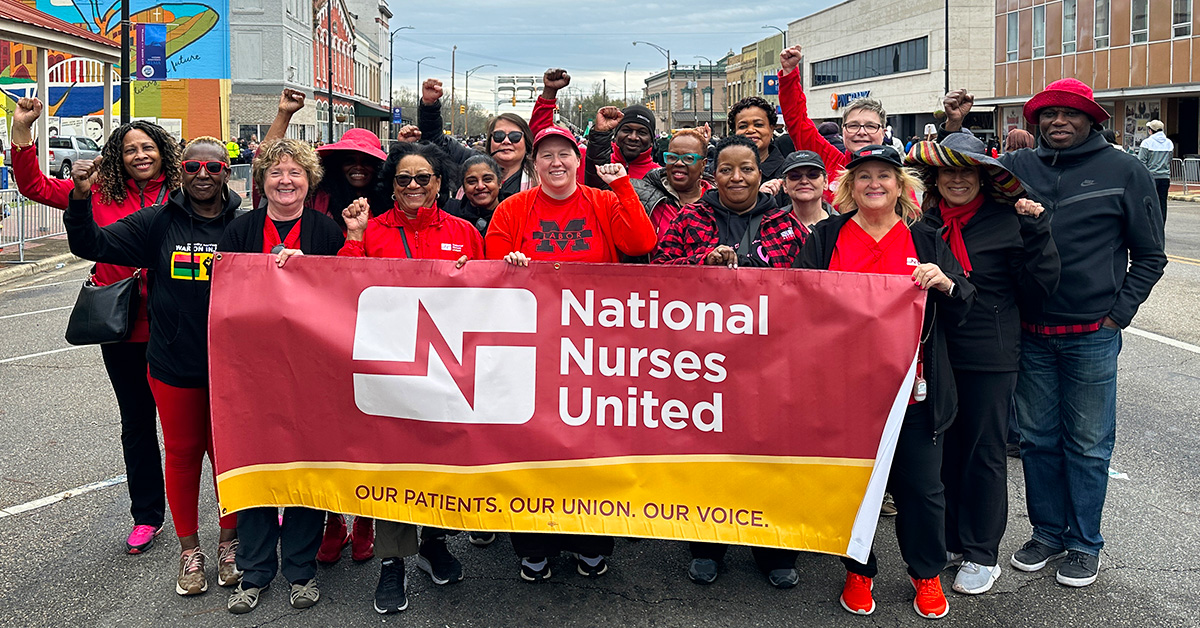
In a powerful display of solidarity, dedicated nurses from National Nurses United (NNU) are preparing to take a stand for healthcare accessibility by joining the Mobilize to Save Our Health Care march in Washington, D.C. on March 12th. These passionate healthcare professionals are sounding the alarm about the critical importance of robust funding for essential programs like Medicaid and Medicare.
The nurses argue that proposed budget cuts represent more than just financial adjustments—they are a direct threat to patient care across the United States. By marching together, they aim to highlight how reducing funding for these vital healthcare programs could potentially compromise the health and well-being of millions of Americans.
Their message is clear: healthcare is a fundamental right, and protecting funding for Medicare and Medicaid is essential to ensuring quality medical services for vulnerable populations. The NNU's participation in this march underscores their commitment to advocating for patients and maintaining a healthcare system that serves all communities equitably.
Healthcare Heroes Unite: Nurses Mobilize to Defend Patient Care and Public Health Funding
In the heart of Washington, D.C., a powerful movement is taking shape as healthcare professionals prepare to challenge the systemic threats facing America's medical infrastructure. The upcoming march represents more than just a protest—it's a critical stand for the fundamental right to accessible, quality healthcare for all Americans.Defending Healthcare: When Nurses Become Advocates for Patient Rights
The Critical Landscape of Healthcare Funding
The American healthcare system stands at a precarious crossroads, where budget decisions can dramatically impact millions of lives. National Nurses United (NNU) recognizes that funding programs like Medicare and Medicaid is not merely a financial calculation, but a profound moral imperative. These essential programs serve as lifelines for vulnerable populations, providing critical medical services to elderly, disabled, and low-income individuals who would otherwise be left without comprehensive healthcare coverage. The potential budget cuts represent more than numerical reductions—they symbolize a direct assault on the fundamental principles of healthcare accessibility. Nurses, who witness daily the real-world consequences of policy decisions, are uniquely positioned to articulate the human cost of these potential reductions. Their frontline experience transforms abstract policy discussions into urgent, tangible narratives about human survival and dignity.The Power of Collective Professional Advocacy
Professional nursing organizations like NNU have evolved beyond traditional roles of patient care, emerging as powerful advocacy platforms. By organizing collective actions such as the upcoming Washington, D.C. march, these groups amplify the voices of healthcare professionals who see firsthand the intricate connections between funding, policy, and patient outcomes. The march represents a strategic approach to public engagement, leveraging the credibility and moral authority of nurses to influence policy discussions. These healthcare professionals are not merely protesting but presenting a sophisticated, evidence-based critique of proposed healthcare budget modifications. Their collective voice carries significant weight, combining clinical expertise with passionate human-centered advocacy.Systemic Challenges in Healthcare Funding
The current healthcare funding model in the United States reveals deep-seated structural inequities. Medicare and Medicaid are not just insurance programs but critical social safety nets that prevent millions from falling through healthcare gaps. Proposed budget cuts threaten to exacerbate existing disparities, potentially leaving countless Americans without essential medical services. Nurses understand that healthcare is a complex ecosystem where financial decisions have immediate and long-term consequences. Reduced funding can lead to decreased service quality, limited access to preventative care, and increased strain on already overwhelmed medical systems. The ripple effects of such cuts extend far beyond immediate budget considerations, potentially compromising entire community health infrastructures.The Broader Implications of Healthcare Advocacy
The upcoming march symbolizes a broader movement challenging how society values healthcare as a fundamental human right. By mobilizing professionals who directly interact with patients, the demonstration seeks to humanize policy discussions, transforming abstract budget numbers into compelling narratives about human experiences. These nurses are not just defending current healthcare structures but advocating for a more equitable, compassionate medical system. Their activism represents a profound commitment to social justice, recognizing that quality healthcare should be accessible regardless of economic status, geographic location, or individual circumstances.Strategic Mobilization and Future Outlook
The march in Washington, D.C. is strategically timed to coincide with critical policy discussions, maximizing potential impact and media attention. By presenting a unified, professional front, nurses are positioning themselves as authoritative voices in healthcare policy debates. Their approach combines emotional resonance with rigorous professional analysis, creating a powerful narrative that challenges policymakers to consider the human dimensions of their decisions. This multifaceted strategy demonstrates the evolving role of healthcare professionals as not just medical practitioners, but as critical social advocates.RELATED NEWS
Health

Climate Crisis Meets Healthcare: Forging Resilient Global Health Systems for Tomorrow
2025-04-14 14:00:20
Health

Behind the Diagnosis: How Parents' Mental Struggles Shape Children's Neurological Health
2025-02-18 12:00:00
Health

Veterinary Tech Giants Join Forces: GlobalVetLink and Provet Cloud Break Down Health Certificate Barriers
2025-03-18 13:12:00

